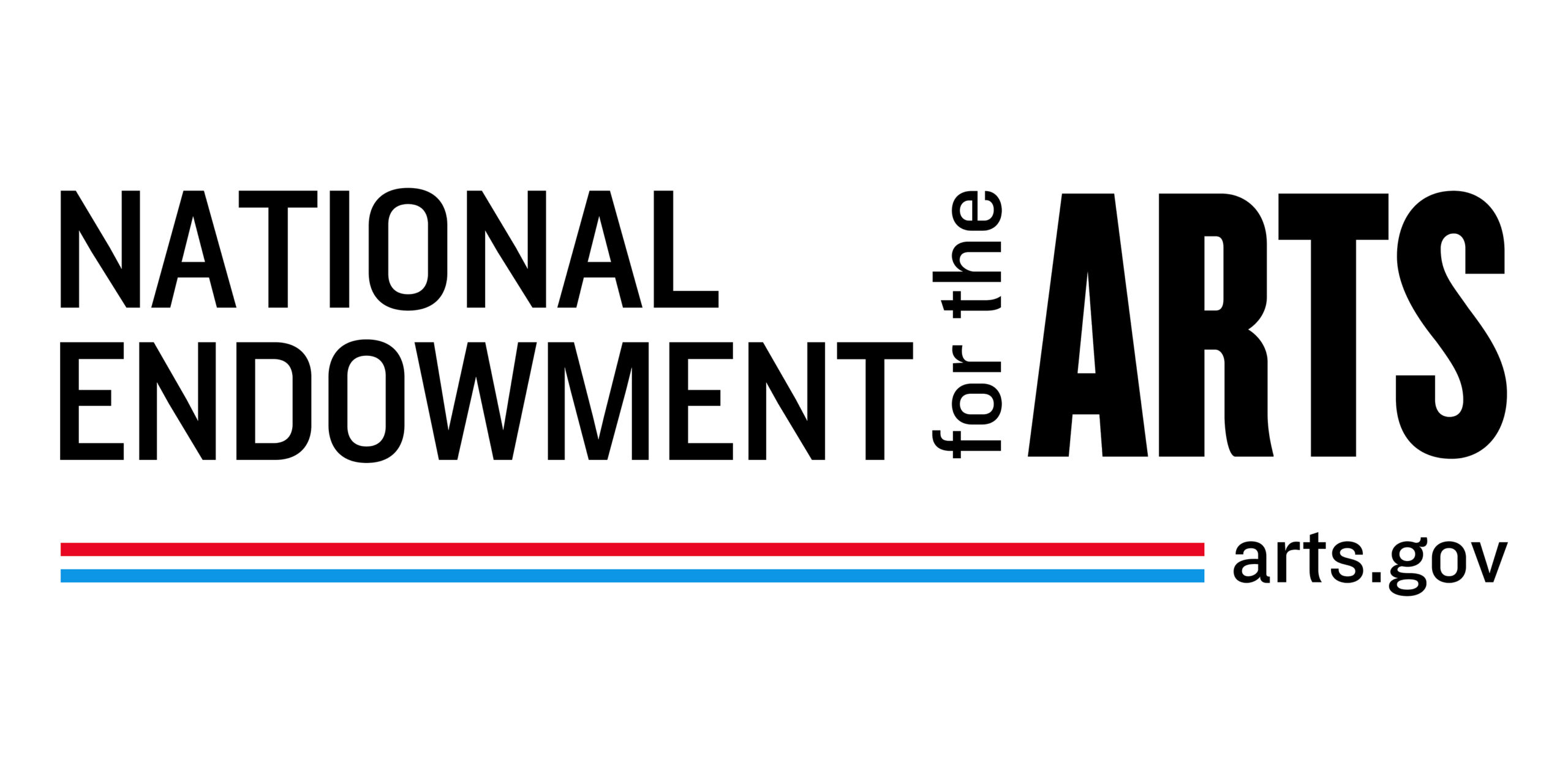Amherst, MA —The Common is pleased to announce its ninth award from the National Endowment for the Arts (NEA). The award approved for 2025 will support The Common in publishing and promoting global writing, thereby broadening American audiences’ exposure to international voices, and in elevating the work of debut and emerging authors.

In previous years, The Common has put NEA grants toward publishing numerous specific, place-based portfolios of underrepresented voices from the U.S. farmworker community, Palestine, Kuwait, and, most recently, Catalonia. In spring 2025, Issue 29 will feature Arabic writing in translation from Amman, Jordan, co-edited by the magazine’s Arabic Fiction Editor, Hisham Bustani. This will be the magazine’s eighth annual portfolio of Arabic prose and will highlight the contemporary literary culture of one of the largest cities in the Arabic-speaking world.
“As The Common kicks off its 15th anniversary year, we’re especially delighted that the NEA continues to support our mission to provide American audiences with a vibrant common space for global literature,” says TC founder and editor in chief Jennifer Acker. “These portfolios allow us to promote curiosity and empathy between American readers and international voices that they can’t find anywhere else.” As it moves toward its second decade of publishing, The Common is grateful for the continued support of the NEA to sustain its mission of fostering a stronger collective sense of place.
To further increase outreach and promotion to American readers, The Common maintains an open-access website with no paywall; all print content, along with a variety of audio and web features, are available to readers at no cost. Educational programs like The Common in the Classroom and The Common Young Writers Program also bring the magazine’s unique content to younger readers and budding writers.
Since 1966, the NEA has supported arts projects in every state and territory in the nation. The Common’s grant is among 1,127 Grants for Arts Projects awards nationwide totaling more than $31.8 million as part of the recent announcement of fiscal year 2025 grants.
“The NEA is proud to continue our nearly 60 years of supporting the efforts of organizations and artists that help to shape our country’s vibrant arts sector and communities of all types across our nation,” said NEA Chair Maria Rosario Jackson, PhD. “It is inspiring to see the wide range of creative projects taking place, including The Common’s literary portfolios.”
For more information on other projects included in the NEA’s grant announcement, visit arts.gov/news.


